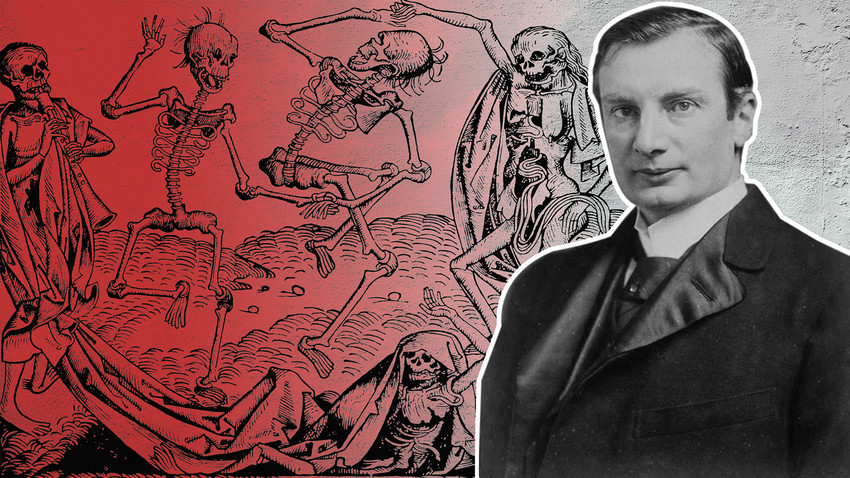
Vladimir Khavkin or Waldemar Haffkine (as he is better known outside Russia) developed vaccines against morbid diseases that stole the lives of millions. First, he dealt with cholera. When Khavkin was working on the vaccine in the Pasteur Institute in Paris, Asia and Europe were gripped by the fifth cholera pandemic. Between 1877-1890 in India alone, more than a million people perished from the disease
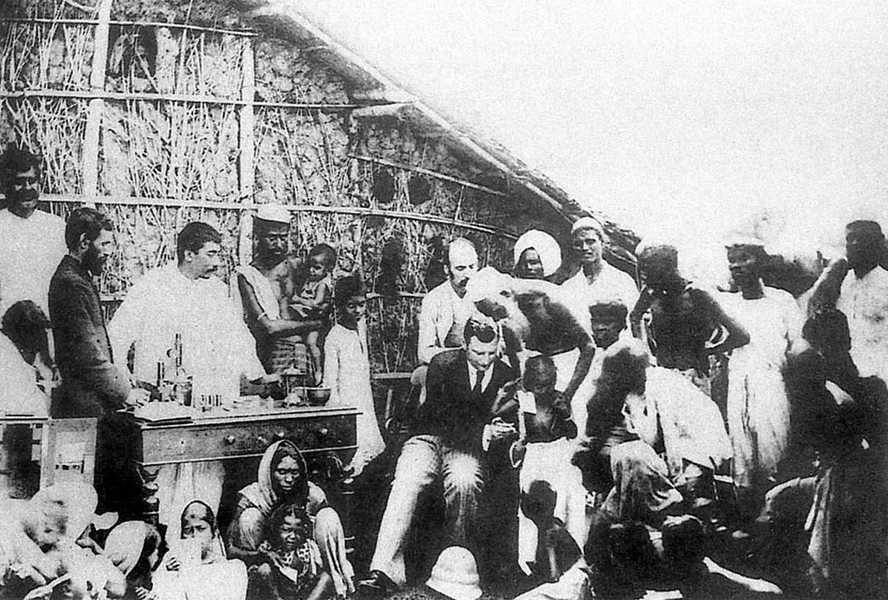
In Mumbai Khavkin developed the first efficient anti-plague vaccine
Magazine 'The Country of Knowledge'However, the British government showed interest in the epidemiologist’s findings. The UK wanted to stop the disease from spreading in one of its colonies, India. So the scientist was sent there – he organized the production of the vaccine and personally took part in the inoculation of more than 40,000 people. Thanks to his actions, the death rate decreased by ten times
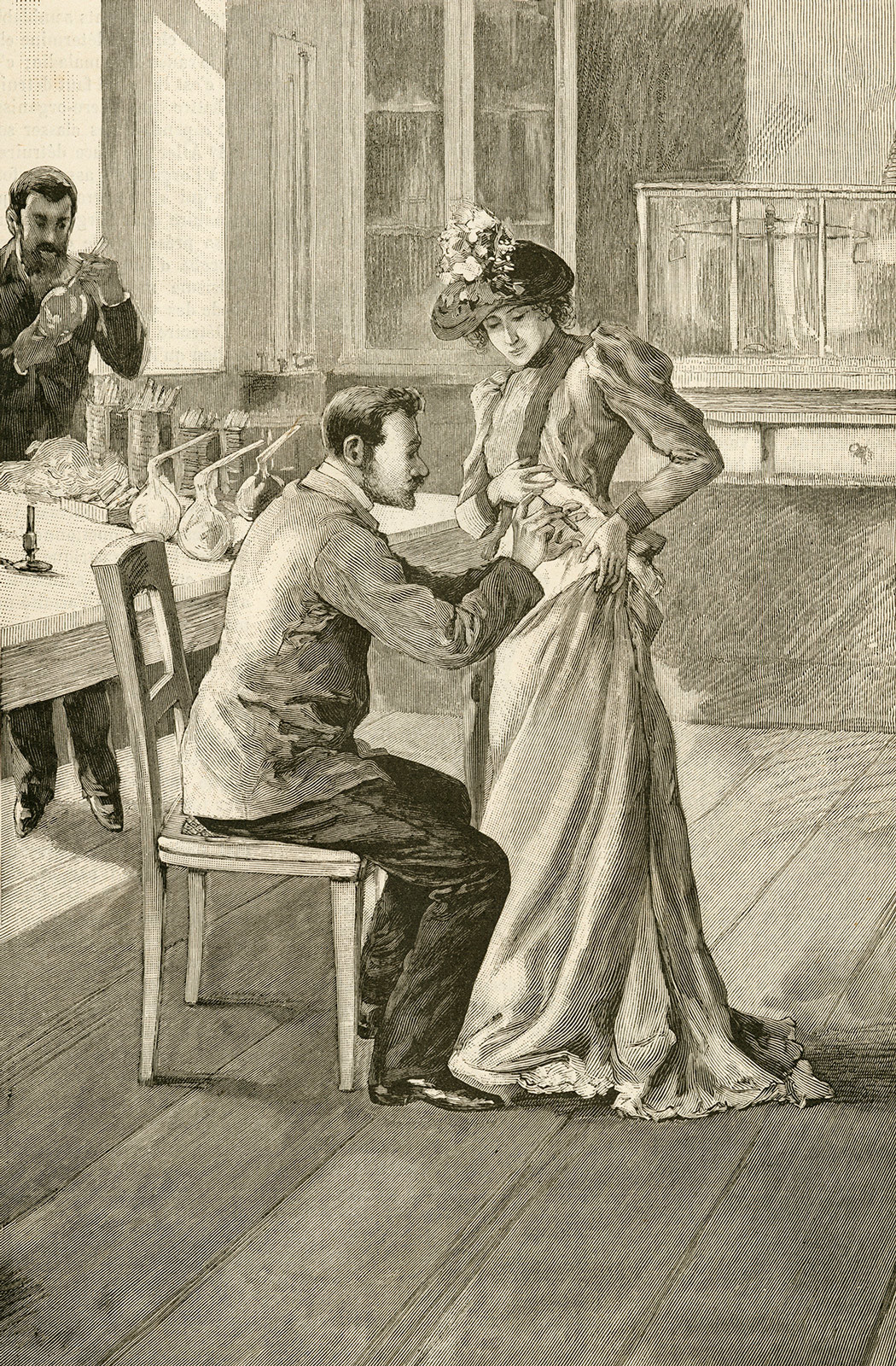
Vaccination against cholera, 1893
Global Look PressKhavkin’s scientific activities were not connected to Russia although he was born in the Russian Empire on the territory of modern-day Ukraine. He studied at a university in Odessa but had difficulties with remaining there. He was a Jew and before the 1917 Revolution the rights of Jews in Russia were limited, and in order to pursue a teaching career at a university Jewish students had to convert to Orthodox Christianity. Khavkin did not want to give up his faith as he was a religious person
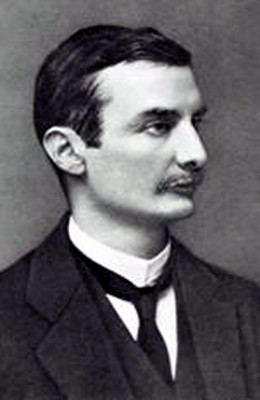
Khavkin’s anti-plague vaccine was used to inoculate millions of people
Public domainIt was then that he was invited by his mentor Ilya Mechnikov, under whose guidance he studied in Odessa, to move to the University of Lausanne and then to Paris, to the Pasteur Institute. Although in Paris he only worked as a librarian’s assistant, he was able to develop further his ideas together with the brightest minds in the field. Mechnikov had been credited for the development of the cellular defense theory and was awarded the Nobel Prize in 1908.
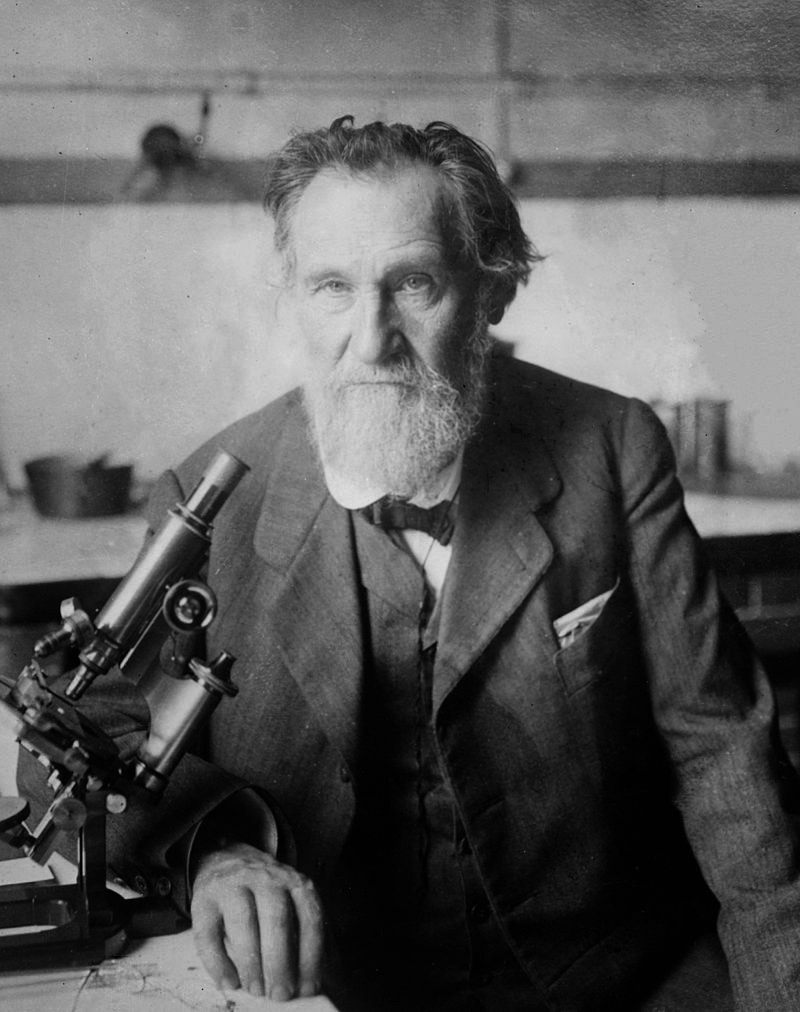
Ilya Mechnikov had been credited for the development of the cellular defense theory
Public domainThe situation in Russia that forced Khavkin to emigrate was criticized by writer Anton Chekhov, who also was a doctor by trade. “The plague is not that scary… We already have inoculations that proved efficient. By the way, we owe them to Russian doctor Khavkin. In Russia he is the most unknown person, while in England he was praised as a great philanthropist long ago,” wrote Chekhov, answering the concerns about the disease spreading to Russia (link in Russian).
Khavkin didn’t only have to deal with the skepticism of his colleagues but also with the disbelief of the local population whose lives he intended to save. When the Russian doctor, together with a few of his Indian colleagues, arrived in a village close to Calcutta to distribute the anti-cholera vaccine, an angry mob surrounded them and refused to take the injections. The locals started to threaten them and threw stones. Instead of quickly retreating the doctor took off his jacket, unbuttoned the shirt, and asked one of his colleagues to give him a shot. This demonstration made an impression and more than 100 people agreed to be inoculated. None of them contracted cholera.
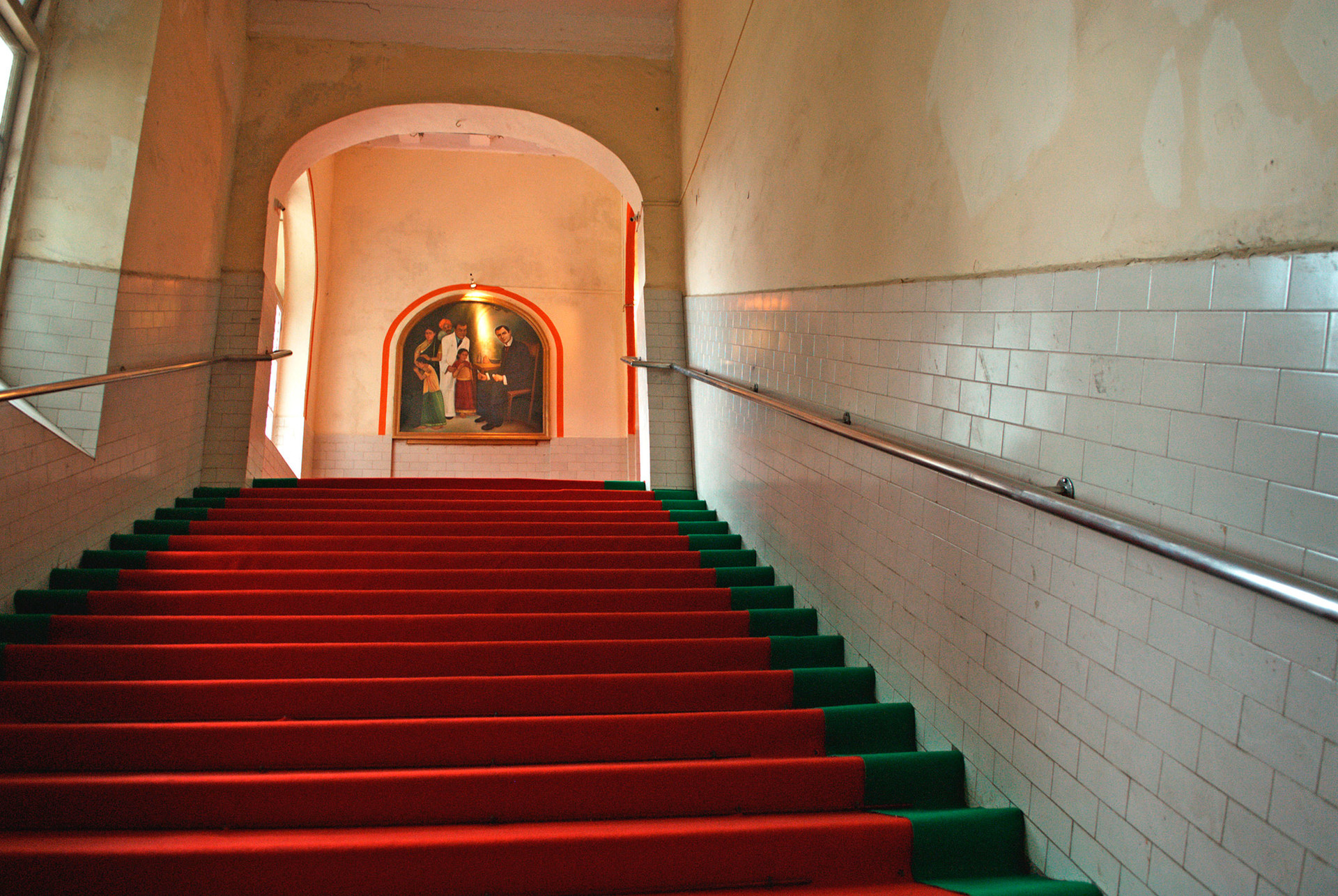
Painting of doctor Khavkin in Haffkine Institute in Mumbai
Legion MediaRegarding Khavkin’s anti-plague vaccine, it was used to inoculate eight million people by 1909, and 35 million by 1940. As time went on, the small laboratory that he established in Mumbai turned into a huge scientific institution studying bacteriology and epidemiology. In 1925 the institute was given Khavkin’s name. As one of the institute’s heads wrote, “the people [of India] realize very well that Khavkin saved them from death, from the terrible pandemics of plague.”
If using any of Russia Beyond's content, partly or in full, always provide an active hyperlink to the original material.
Subscribe
to our newsletter!
Get the week's best stories straight to your inbox